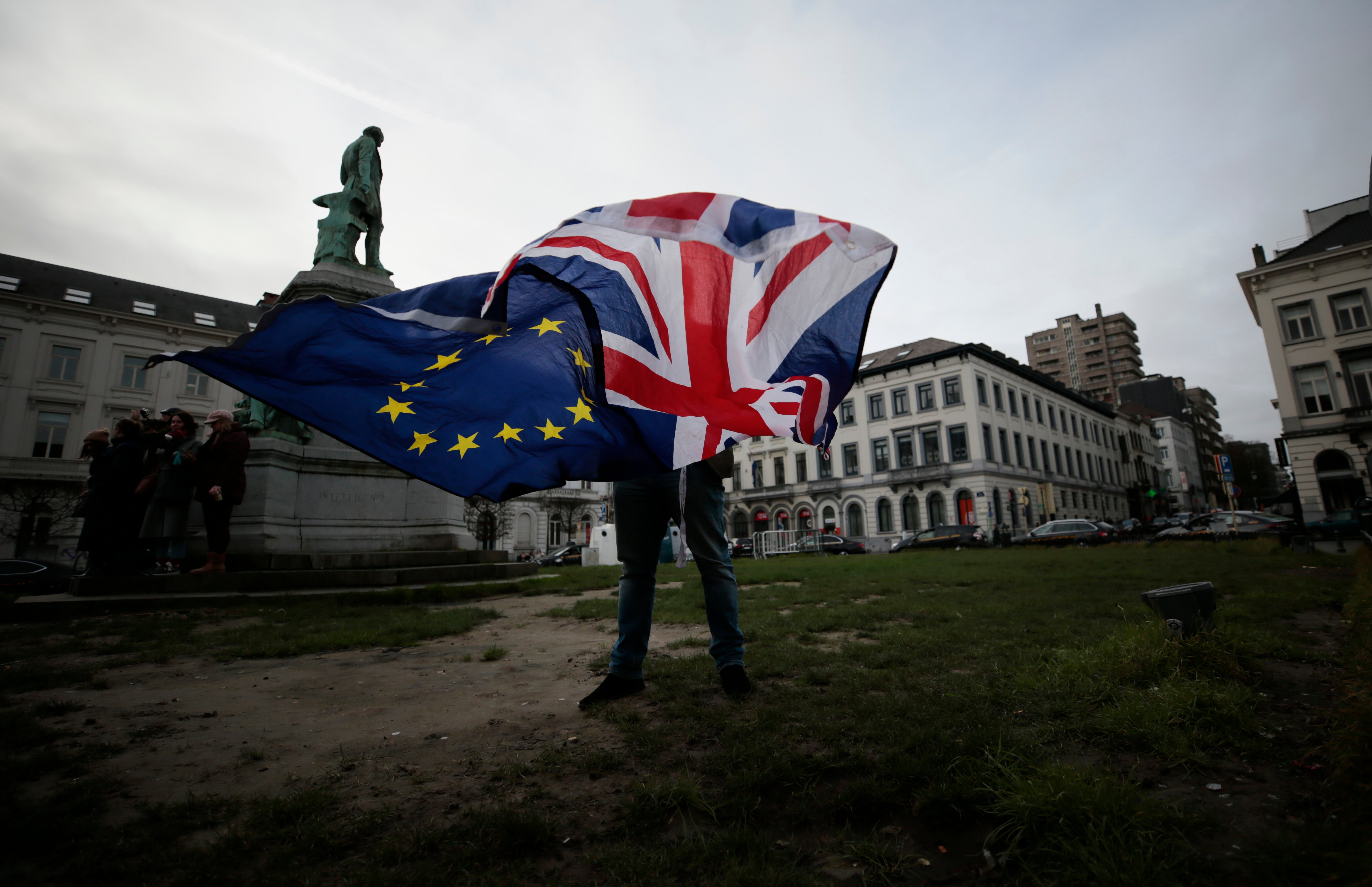We need to remember that there is a substantial difference between sovereignty and isolation
Editorial: There is still a small degree of hope that a no-deal Brexit can be avoided, but it involves recognising some important truths

In politics, as in sport, it sometimes pays to examine the form book. Doing so in the looming case of “no deal” provides a degree of hope that it can be avoided – although any deal that has anything to do with Boris Johnson will probably create fresh hazards of its own.
The last time the prime minister had to reach a legally binding agreement with the European Union he succeeded. The UK-EU withdrawal agreement was indeed the only “oven ready” part of getting Brexit done, and it was duly ratified by both sides after the last general election – against the odds, it has so far survived.
What has been the secret of its success? A healthy dose of ambiguity. On the Northern Ireland protocol, much of the “implementation” was conveniently assumed by both sides to be mere matters of detail. A joint committee was convened, and technical working groups sprouted from it. Even now they have not settled all the important procedural questions, but there has been progress and mostly a series of UK concessions to reality.
As soon became apparent, this agreement was also not compatible with either Mr Johnson’s public pronouncements or his private beliefs, and when that conflict became real he openly threatened to break the treaty and assert the primacy of UK law to override the withdrawal agreement. That threat has since been withdrawn, but in truth there is nothing to stop it re-emerging in the future.
The concept of a geographical entity, Northern Ireland, simultaneously inside two customs unions, two single markets and under a single notional sovereignty was always going to be challenging, and so it has proved. The only reason it has worked thus far is because both sides have an ambiguous text to work and argue from; a permanent body through which such wrangles can be processed and neutralised; and a certain willingness on both sides to ignore the uglier, illogical outcrops of the strange hybrid beast that they have created.
Could such an approach be applied to the partnership agreement, painted on to a much larger and more complicated canvas?
Yes, it would seem, and the economic impetus should be there to do so. Thus, the “level playing field” can be agreed in principle to be a good thing. That both sides will seek to change their laws and rules can also be agreed, with loose parameters set and arrangements for consultations in good faith about divergence from the status quo. It is essentially a matter of good neighbourliness.
The principle of formal sovereignty is maintained, with the expectation and understanding that such disputes would be rare. They could be settled, before or after legislation – preferably before – diplomatically or through a neutral international tribunal. If one side insists on violating the agreement, pre-agreed remedies could be sought, just as they are under the rules of the World Trade Organisation and its court, the Appellate Body.
But a close liaison between the European Commission and British ministries should head off the worst clashes, and avoid any threats of punitive tariffs or quotas.
The EU-UK partnership agreement would evolve as time went on. A bigger and even more effective British military presence might be informally traded off for more flexibility on regulation of new industrial sectors such as AI. A generous accommodation over fishing in British waters could be dynamically improved in due course if European entities desired free access to London’s financial centres. International sanctions or responses to pandemics could be coordinated where they plainly benefit both sides.
In essence, such a new partnership would make EU-UK relations close, but intergovernmental, not supranational, and British courts and the British parliament cannot be overruled. In effect, the formal universal UK veto would be restored, and judicial independence regained. But there should be no duplication of the incessant sector-by-sector negotiations that make the EU’s relationship with Switzerland so tiresome.
The British should be genuine partners of the EU, freely willing to adopt or adapt the bloc’s rules where beneficial, and, just possibly, vice versa. Exceptions should be rare indeed. After all, even in the recent past, as full members, the British had huge amounts of domestic leeway over crucial aspects of industrial strategy, and fiscal and monetary policy.
There is, in other words, a substantial difference between sovereignty and isolation. British sovereignty, even in the imperial age, was never absolute. Allies and partners were always needed, and favours, as well as goods and services, were always traded. Geography and economics dictate the relationship as much as words in treaties. At gloomy moments, that is worth bearing in mind.



Join our commenting forum
Join thought-provoking conversations, follow other Independent readers and see their replies
0Comments